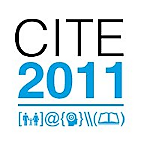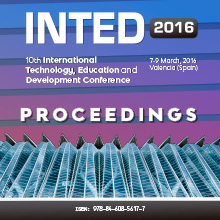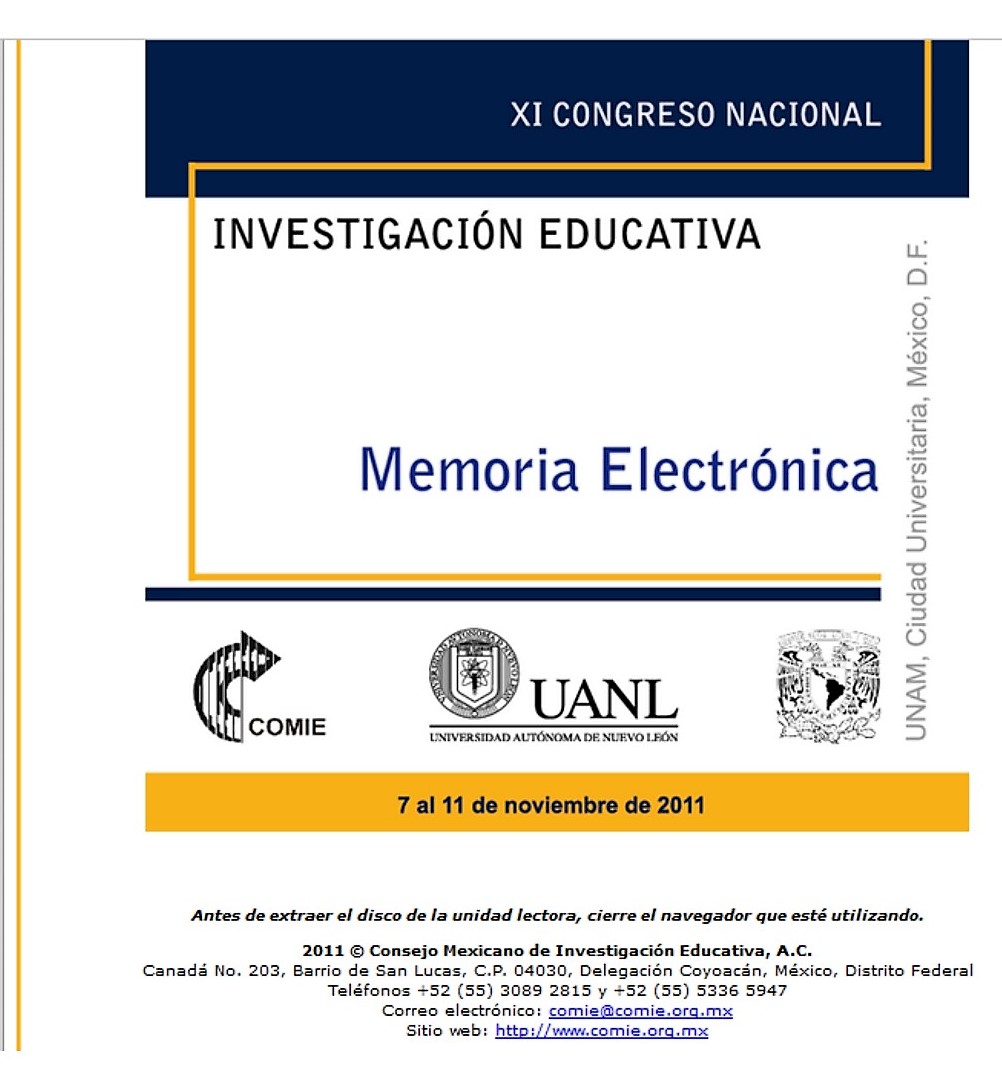Educación para la ciudadanía
Resumen
En el marco del Plan Nacional de Desarrollo (PND) 2007-2012, planteado por el gobierno de México, se propuso la Reforma Integral para la Educación Básica, “cuyos propósitos se centran en atender los retos que enfrenta el país de cara al nuevo siglo, mediante el desarrollo de ciudadanos íntegros y capaces de desarrollar todo su potencial...” (SEP 2008). Una de las principales acciones de dicho plan fue la implementación de la asignatura Formación cívica y ética en los seis grados de primaria. Consideramos que, al poner en marcha una reforma curricular, resulta necesario centrar la atención en los docentes, pues son ellos quienes la llevan a cabo. Partiendo de esta idea, se realizó una investigación que tuvo como objetivo indagar acerca de los conocimientos que poseen los docentes de educación primaria acerca de los contenidos de la formación cívica y los de la formación ética, así como su relación con el plan de estudios de la asignatura. Se realizaron entrevistas a cincuenta docentes de la ciudad de Querétaro. Los resultados muestran que a pesar de que está por concluir el PND 2007-2012, los docentes cuentan con conocimientos poco precisos, lo que implica el no poder alcanzar los propósitos previstos, entre ellos el desarrollo de ciudadanos autónomos y responsables.
Palabras clave: Formación docente, formación cívica y ética, educación para la ciudadanía, educación básica.
Abstract
Learning disabilities are usually evident in children since they start the process of literacy; dyslexia being one of the most common. Dyslexia is a difficulty of neurobiological origin that causes a high incidence of school failure and affects approximately 10% of the population (Rello, 2014).
Children with dyslexia are characterized by a normal IQ but present variable degrees of disability to read, comprehend what they read and write properly. The great variability observed in dyslexia has been associated with other cognitive processes involved in the reading process such as visual and auditory perception, eye movements, auditory recognition, working memory, oral expression, processing speed, between others (Etchepareborda & Habib, 2001).
The largest number of applications with various intervention strategies to support specific aspects such as those mentioned in people with dyslexia has been developed for English speakers. The present investigation focused on the search and analysis of applications developed on different platforms and devices in Spanish in order to determine what they favor and if they can be used with Mexican children with dyslexia enrolled in basic education.
The analysis of these applications allowed us to observe that the activity in any of them, involves working memory, which is encouraged as the participant follows the implicit rules in the game, which are not clarified but discovered during the use by the participant. In some cases sentences are observed with direct instructions on the action to perform such as: add a letter, change a letter, etc. The analysis of some of these applications shows specific needs regarding their adaptation to the Mexican Spanish, concerning the appearance of unknown words, procedures to divide or complete words that are seldom used in common Mexican Spanish therefore involving a complex and abstract semantic content for children.
It is considered important to develop applications involving both a neighboring auditory feedback to a written words newly formed, a global visual association with the written new word, graphic images of specific objects or actions, and ideally a presentation of the sound produced or generated in real life by that object or action in particular, thus providing valuable information in a multisensory level.
Apps developers could create games, directed activities, exercises covering grammar rules, so difficult to acquire for children and some time adults, that could include the graphical representation of easy vocabulary to improve their comprehension. It would also be important to create applications where one could determine what is required to practice for example, verbs, nouns, grammatical structures, etc.
Our results concerning the analysis of educational resources and games based on ICT allowed to determine their purposes, cognitive processes involved, and the need of correction for their possible use in specific alterations in language and literacy with Mexican school children presenting dyslexia.
Keywords: digital applications, dyslexia, basic education.
![]()
Abstract
Environmental education has been included in almost every country school curriculum in the last 10 years. Its implementation has not been as successful as expected due to various constraints reported in several research projects, and its achievement remains uncertain and requires of more research in all areas of education. Climate change and degradation of the environment are global problems associated with many other challenges (e.g., population increases, reduction of glaciers, and loss of critical habitats). Developmental and educational psychological should play a critical role in addressing these problems by fostering a sustainable environment. Multiple strategies for fostering a sustainable environment could draw from various topics and areas of specialization within education. In order to propose a curriculum change research is needed on how and what do students really understand and know concerning sustainable development. An exploratory study was undertaken to study levels of comprehension on sustainable development in adolescents. An individual interview was conducted with 30 Spanish and Mexican high school students in aspects related to waste and recycling, several forms of pollution and contamination, demography, sources of environmental information, ideas on restraints and scarcity of natural resources, and their involvement in sustainable consumption practices. Data illustrate that students are aware of, but only moderately concern with environmental issues. Only few subjects were able to define environment in terms of a relational conception opposed to isolated phenomena. Knowing the concepts that adolescents use to explain sustainable development as well as knowledge and information gaps, can allow us to improve environmental education.
Keywords: knowledge acquisition, sustainable development, environmental education, adolescents.
Abstract
Sustainable consumption encompasses purchases that are intrinsically green, fairly traded products from a developing country, products that are organically grown, products that are against animal testing, types and forms of production, ecological impact, and so forth. As such, the choice of sustainable consumption reflects/conveys not only purchases preference or activity but also a larger representation about economic, social and ecological choice and voice of values and lifestyles.
A course of 8 sessions on sustainable consumption related mainly to clothing and food choices using ICTs by CANVAS platform, was developed with a group of 24 psychology students of a Mexican public university that included historical, social, economic and ecological aspects of sustainable consumption. A pretest, learning sessions, and posttest design methodology was implemented. Results show an increase in knowledge in all of the areas revised in the entire sample of students. Data are discussed considering the increase in motivation for themes and changes of habits and choices concerning sustainable consumption using ICTs via digital platforms.
Keywords: keywords: use of ict in education, sustainable consumption, university students.
Resumen
Actualmente estudiar la problemática ambiental y del desarrollo y el consumo sustentable, ha tomado importancia en temas de discusión social, política, económica y ambiental. La comprensión satisfactoria de estos problemas debe prepararse desde los niveles básicos de la educación, para concretarse en la enseñanza secundaria y preparatoria. Proponer planes de estudio requiere investigar sobre cómo y qué realmente comprenden los estudiantes y cuáles son los requisitos cognitivos involucrados en la comprensión de estos fenómenos. Realizamos un estudio para analizar los niveles de comprensión sobre el desarrollo sustentable y algunas de sus implicaciones económicas. Se aplicó una entrevista individual a 15 alumnos españoles y a 15 mexicanos que cursaban la escuela preparatoria. Los resultados muestran que los sujetos consideran el reciclar para ahorrar recursos, aunque enfocan el problema con relación al agotamiento de los mismos y no reflexionan acerca de los deshechos como fuentes de contaminación. En cuanto a la distribución y agotamiento de recursos, reconocen posibilidades de escasez pero algunos no conciben que estos se agoten totalmente, y no todos mencionan que la falta de vegetación afectaría la producción de oxígeno. Describen la contaminación como basura y deshechos en las calles y en los ríos y mares, y la contaminación del aire como humo y malos olores, pero pocos conocen el impacto en la contaminación de la producción de CO2 y el efecto invernadero y sus consecuencias en el cambio climático. Creemos que estos datos podrían ser útiles para la elaboración de materiales didácticos destinados a alumnos de educación preparatoria.
Palabras clave: Concepciones, desarrollo sustentable, medio ambiente, nociones socioeconómicas, adolescentes.




